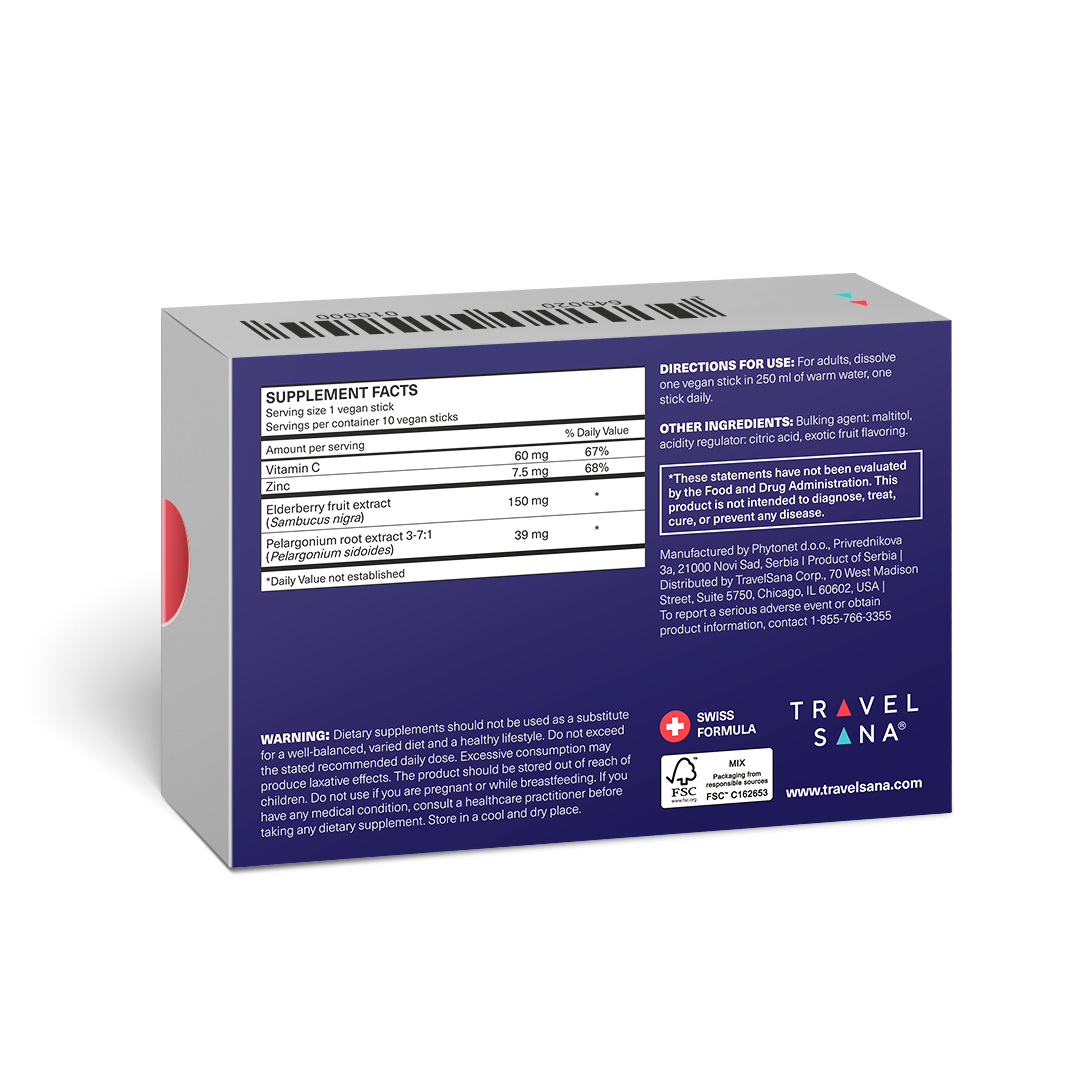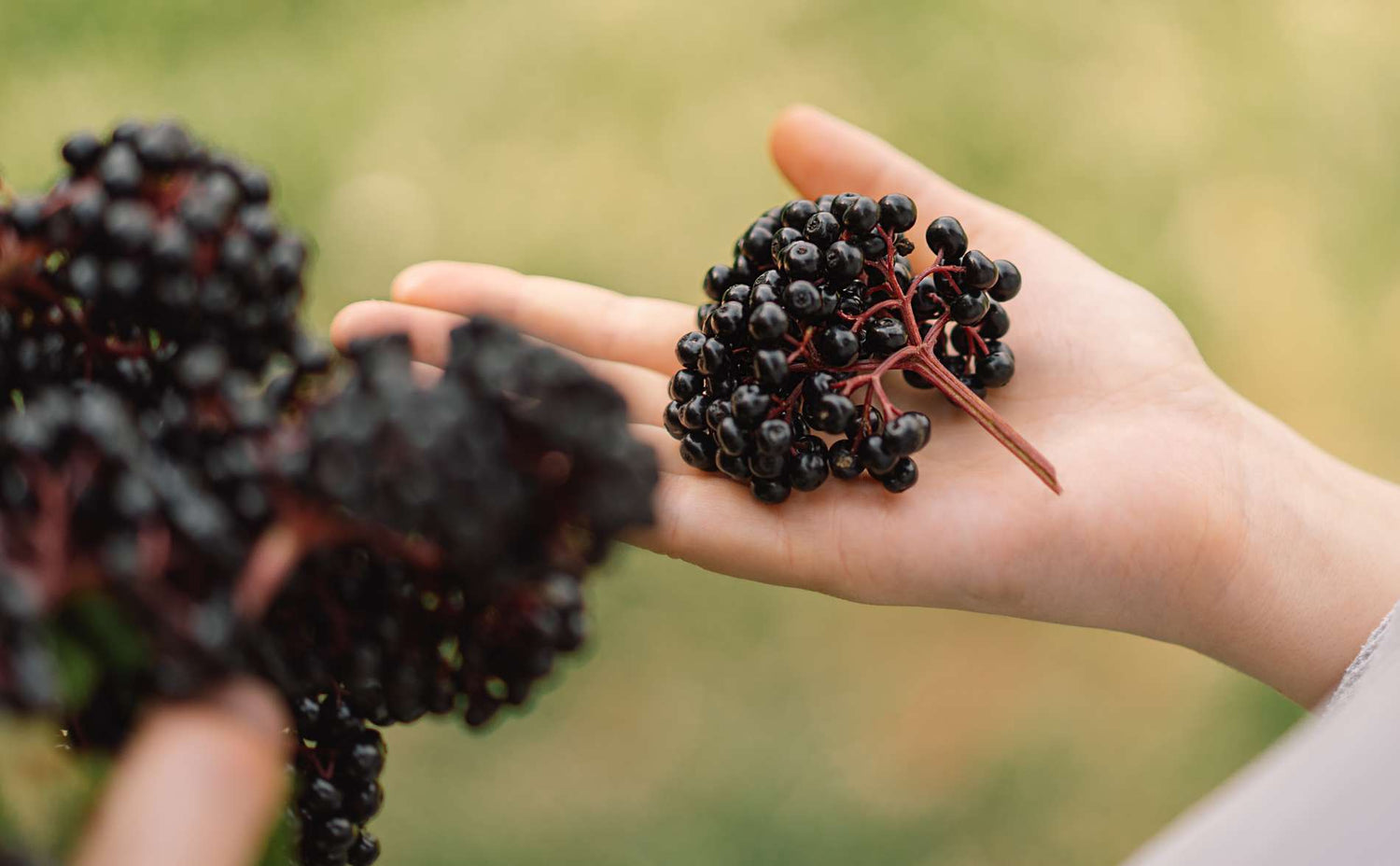



What is Elderberry?
The species is also known as the "Judah tree".
Elderberry

Elderberries and flowers have probably been consumed by humans since the Stone Age. Many species of elderberry exist but only the black and red elderberries produce edible fruit. Both the fruit and the flowers can be made into wine. It is a traditional drink that has been commonly consumed in Scandinavian countries for centuries.
After the medieval period, it is the leaves of elderberry which will be the most consumed element of the plant. Some people used it to perfume creams, its sweet smell close to that of Vanilla earning it the nickname of "poor man's Vanilla."
It was not until the middle of the 19th century that sambuca appeared, a traditional Italian drink that consists of a mixture of elderberry, aniseed and licorice. It is usually consumed pure or with a few flambéed coffee beans.
Since antiquity, black elder has been a popular medicinal plant. It is part of the pharmacopoeia of Ayurvedic medicine (India) and was also part of the therapeutic arsenal of North American Indians who attributed the same properties to white elder (Sambucus canadensis). A Greek physician of the 2nd century of our era, Galien, recommended the elder against catarrhs and excess of mucus. In the previous century, Pliny the Elder already attributed these properties to it.
If we look at the history of black elderberry, the first texts and representations known to archaeologists date back to antiquity. The Latin name Sambucus nigra is a translation from the Greek word sambukê, referring to a small flute, the stems of elder allowing to play music. The species is also known as the "Judah tree".
The elder tree grows all over the world except in mountainous regions. The black elder is found in Europe and Asia while the white elder is its American cousin. Varying in height from 13-26 ft, this shrub has a rapid growth, especially in fertile and cool soils.
The hermaphroditic flowers appear in early summer. Composed of 5 stamens and 5 petals of creamy white color, they are known for their sweet perfume.
Elderberries and flowers have probably been consumed by humans since the Stone Age. Many species of elderberry exist but only the black and red elderberries produce edible fruit. Both the fruit and the flowers can be made into wine. It is a traditional drink that has been commonly consumed in Scandinavian countries for centuries.
After the medieval period, it is the leaves of elderberry which will be the most consumed element of the plant. Some people used it to perfume creams, its sweet smell close to that of Vanilla earning it the nickname of "poor man's Vanilla."
It was not until the middle of the 19th century that sambuca appeared, a traditional Italian drink that consists of a mixture of elderberry, aniseed and licorice. It is usually consumed pure or with a few flambéed coffee beans.
Since antiquity, black elder has been a popular medicinal plant. It is part of the pharmacopoeia of Ayurvedic medicine (India) and was also part of the therapeutic arsenal of North American Indians who attributed the same properties to white elder (Sambucus canadensis). A Greek physician of the 2nd century of our era, Galien, recommended the elder against catarrhs and excess of mucus. In the previous century, Pliny the Elder already attributed these properties to it.





